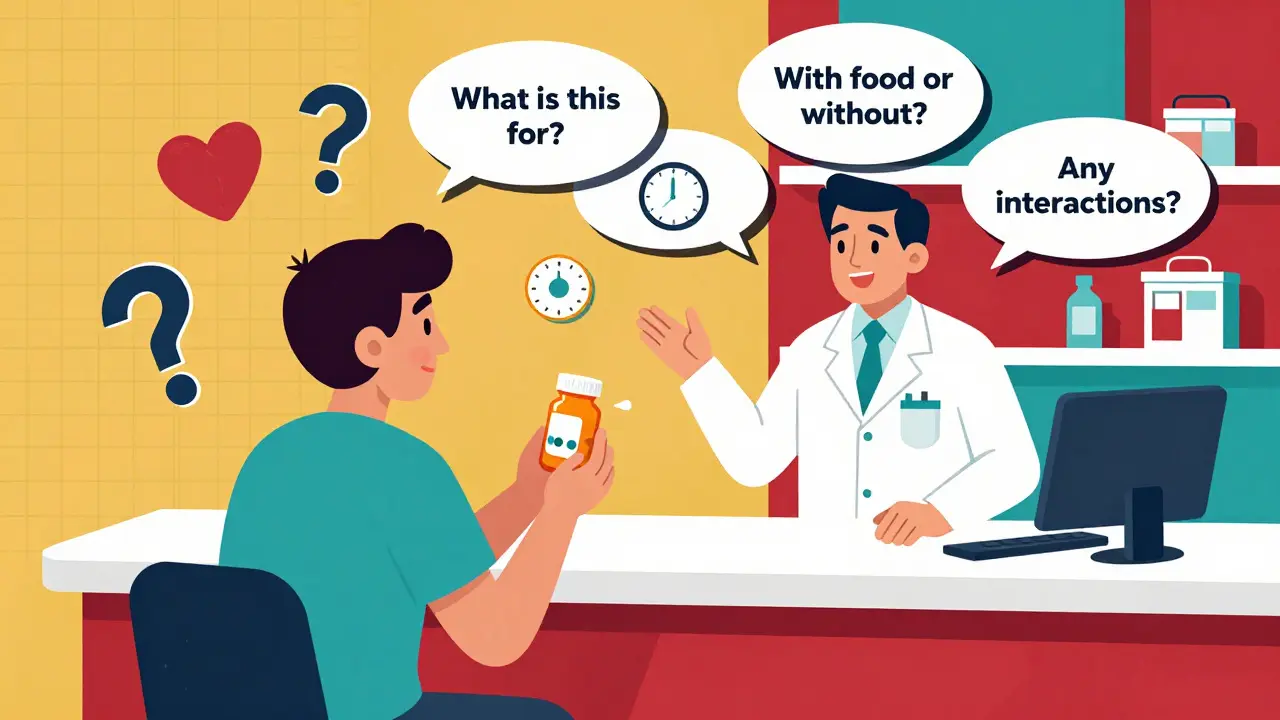Side Effects: What They Are and How to Handle Them
Every medicine can cause reactions that range from harmless to serious. Knowing what to expect helps you act fast and stay healthy. In this guide we break down the most common side effects, why they happen, and what you can do when they pop up.
Typical side effects you might see
Most people notice mild issues like stomach upset, headache, or a bit of dizziness. These usually fade after a few days as your body adjusts. For example, antibiotics such as azithromycin can cause nausea or diarrhea, while blood pressure pills like verapamil may give you a feeling of light‑headedness.
Some drugs trigger skin reactions. A rash, itching, or redness can appear with many oral meds, especially antihistamines or certain antibiotics. If a rash spreads quickly or you develop swelling, stop the medicine and call a doctor.
More serious warnings include shortness of breath, chest pain, or sudden weight gain. Hydroxychloroquine, used for autoimmune conditions, can affect your eyes, so regular eye exams are a must. If you notice blurry vision, don’t wait—ask your provider for a check‑up.
How to stay safe and manage side effects
First, always read the label. The box or prescription card lists common reactions and tells you when to seek help. Keep a small notebook or phone note of any new feeling after you start a drug. Timing matters: most side effects show up within the first week.
If a side effect is mild, try taking the medicine with food or a full glass of water. This can reduce stomach irritation from pills like topiramate or colchicine. Staying hydrated also helps your kidneys clear out the drug faster.
When a reaction feels uncomfortable but not dangerous, talk to your pharmacist. They can suggest an over‑the‑counter remedy or a different dosage schedule. Sometimes a tiny dose split into two meals works better than one big dose.
Never ignore warning signs that could signal a severe problem. Sudden vision changes, difficulty breathing, severe chest pain, or uncontrolled bleeding require immediate medical attention. Even if the symptom seems unrelated, let the emergency staff know every medication you’re taking.
Finally, keep your follow‑up appointments. Doctors often schedule labs or exams to catch hidden issues early, like liver function tests for statins or blood sugar checks for steroids. Staying on top of these visits reduces the risk of long‑term damage.
Side effects are a normal part of taking medicine, but they don’t have to derail your health. By watching for symptoms, using simple tricks to ease mild reactions, and knowing when to get professional help, you can protect yourself and keep treatment on track.
Top Medication Safety Questions to Ask at the Pharmacy Counter
Learn the top 10 essential questions to ask at the pharmacy counter to prevent dangerous drug interactions, side effects, and medication errors. These simple conversations can save lives.
Learn more...Phenytoin and Sleep Disturbances: Understanding This Common Side Effect
Learn why phenytoin often leads to insomnia, how it disrupts sleep, and practical steps to manage the side effect while keeping seizures under control.
Learn more...Amitriptyline vs Alternatives: Which Antidepressant Fits Your Needs?
A detailed comparison of amitriptyline with leading antidepressant alternatives, covering uses, side effects, costs, and a decision checklist.
Learn more...Flagyl ER: Uses, Dosage, Side Effects & Safety Guide
Everything you need to know about Flagyl ER-what it treats, how to take it, common side effects, and safety tips-for a confident, informed use.
Learn more...Biktarvy: Prescribing Info, Dosing, Side Effects, and Savings (2025 Guide)
Fast, people-first guide to Biktarvy: what it is, dosing, side effects, interactions, and where to find the official label and savings in 2025-plus smart tips that actually help.
Learn more...



